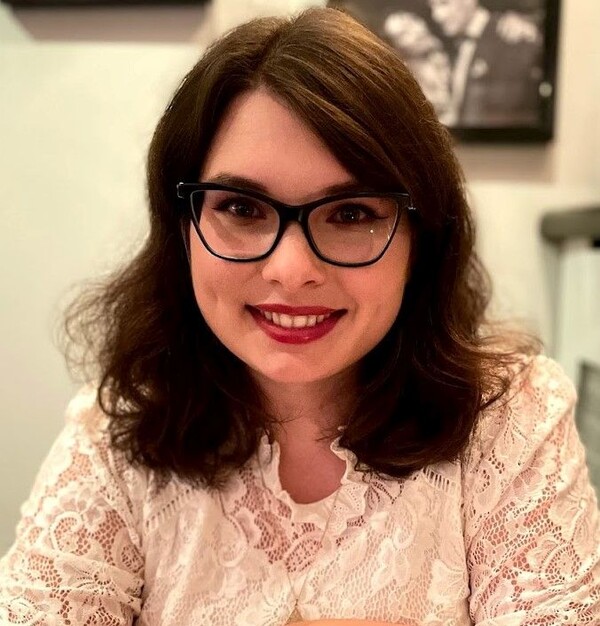Julia Bandura, Physiology

Julia is a 4th year PhD candidate in Physiology. Under the supervision of Dr. Zhong-Ping Feng, she works to elucidate evolutionarily-conserved, calcium-dependent signaling pathways in long-term memory formation.
Throughout her four years in Physiology, Julia has had the privilege of serving as a student leader in multiple initiatives that support both the graduate student community and contribute to outreach beyond the department. As a mentor and executive team member in the Physiology Mentorship Program (PhysioMP), she has helped connect mentors and mentees to form a community of support where students in various stages of their academic careers exchange experiences and wisdom. Furthermore, as a way of ‘paying it forward’ for the early exposure to research that was formative in her own development as a scientist, Julia has coordinated and taught for a neuroscience outreach course for high school students, Neurosci101, through her involvement with the Collaborative Program in Neuroscience (CPIN). For the past three years, she and her team have delivered accessible neuroscience content to 500+ youths from all over the GTA. In addition to preparing students for the Brain Bee, an annual neuroscience knowledge competition, this course also aims to get the next generation of aspiring neuroscientists excited about neuroscience and to make neuroscience available and accessible to students from diverse backgrounds.
In addition to her efforts in mentorship and outreach, Julia is also resolutely committed to the promotion of social and racial justice within academia, and has been involved in the application of equity, diversity, and inclusion (EDI) principles within the department of Physiology as a member of the departmental and student EDI committees. She has contributed to hiring initiatives aimed at increasing representation of Black and Indigenous faculty within the department, collection of survey data for identification of key issues faced by racialized students in Physiology, and development of outreach programs to increase availability of science programming for marginalized youth. This collaborative work aims to create an equitable and supportive environment for learners, staff, and faculty in the department of Physiology, and Julia’s role on the student committee has allowed her to continually listen to and learn from marginalized members of our community on how best to promote equity within the department and beyond.
As a student leader, Julia’s philosophy is that all members of the student community have a role to play in improving the student experience, whether through actions big or small. She is inspired and bolstered by student leaders whose efforts lead to tangible change within the community and strives to do the same with her own contributions. Furthermore, Julia believes that any student leadership should be equity-minded, and as such, principles of social justice form the backbone of her leadership philosophy.